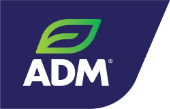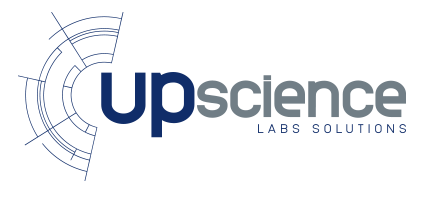Every year, 1 in 10 people get sick after consumption of a food contaminated with microbes or chemicals harmful to health and nearly 420,000 die *.
Food safety is today a major societal issue. It concerns all actors in the food chain, from producers to consumers. In order to guarantee the production of healthy food, these different actors combine their expertise and know-how to prevent any health risks in accordance with the regulations.
Since December 2018, 7 June has been declared World Food Safety Day by the United Nations (UN) General Assembly. This day is an opportunity to remind the role of each of the links in the chain and to reiterate our commitment to making your food, your products, safer.
Government institutions
WHO and FAO, through the Codex Alimentarius Commission, have laid the foundations for international standards and codes of practice to ensure food safety.
At European level, the “hygiene package” brings together all the regulatory obligations applicable in terms of food safety for actors in the food and animal feed sectors.
Control bodies such as the DGCCRF in France ensure compliance with the laws in force so that only safe foodstuffs are placed on the market.
In a desire to alert manufacturers and preserve the consumer, government authorities have also supplemented their regulatory systems with alert systems, such as RASFF or RappelConso to report problems related to agri-food products.
Farmers, ranchers and suppliers
Farmers, breeders and suppliers are the first actors to be in contact with food intended for processing or direct sale. They play an important role in improving the quality of food products consumed.
Food manufacturers
A majority of the food products we consume are produced by companies in the agri-food sector. The latter, following the various health crises (presence of ethylene oxide, contaminated milk…), must face the mistrust of certain consumers and reassure them.
From handling of raw materials to packaging, food products undergo many transformations. During this manufacturing process, the application of good manufacturing practices (GMP) and hygiene measures are major elements that ensure the safety of the finished product by avoiding any risk of contamination.
The manufacturers also rely on various certification standards such as IFS, BRC (human food), GMP+, OQUALIM (animal feed). Let us not forget that the quality of animal feed plays a crucial role in the production of healthy and safe products of animal origin. The purpose of these standards is to guarantee food safety.
Analytical laboratories
The analytical laboratories, for their part, meet the needs of the agri-food industry to control their product. They bring their expertise in terms of physico-chemical analysis(pesticides, mycotoxins…), microbiology (salmonella, enterococci…) and molecular biology (GMO).
In order to attest to their competence for carrying out analyses, laboratories are engaged in an accreditation process. This accreditation is renewed each year during an audit carried out by COFRAC (France). This accreditation is a guarantee of quality assurance for manufacturers.
Distributors
Mass distribution play an important role in food safety. In accordance with the regulations, it is also their responsibility to ensure the safety of the food they sell.
The implementation of analysis control plan, supplier audits, compliance with good hygiene practices, the monitoring of DDM and DLM of the products offered, the recall of products identified as risks are all means used by these professionals.
Upscience, as an international network of accredited laboratories, offers a wide range of analyses and services for all actors in the food chain, contributing every day to the control of the food quality and safety.
Let us remember: “Food safety is everyone’s business! ».


